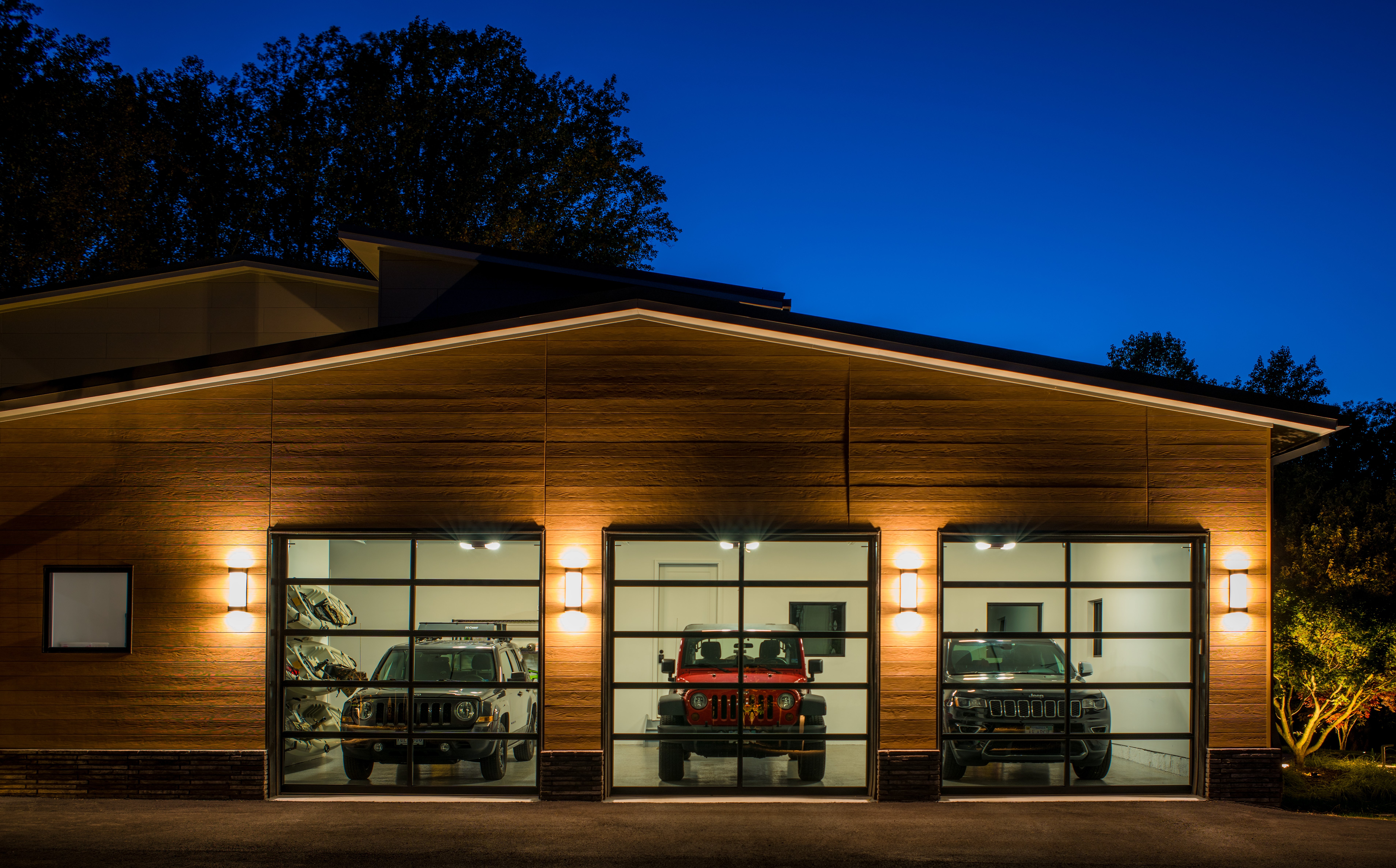

Embracing the future of transportation means adapting our homes to accommodate electric vehicles (EVs). As EV ownership continues to climb, having a reliable and efficient charging station at home isn't just a luxury—it's a necessity.
For many new and prospective EV owners, the prospect of charging their vehicle can seem daunting. Public charging stations, while growing in number, can't match the convenience and simplicity of charging at home. Without a home charging setup, EV owners may face the anxiety of limited range and the inconvenience of planning every trip around available public charging facilities.
Understanding the different levels of home charging and what installation entails can simplify the process and highlight its feasibility. From basic setups using existing household outlets to more advanced installations that significantly speed up charging times, knowing your options allows you to choose a solution that fits your lifestyle and vehicle requirements.
This article will explore the essential steps to equip your home for EV charging, from choosing the right charger to preparing your garage space. With the right setup, you can enjoy the full benefits of EV ownership, ensuring your vehicle is always ready to go when you are.
Electric Car Charging at Home
As electric vehicles (EVs) gain popularity, understanding home charging options becomes essential for prospective and current EV owners. Here’s a detailed look into how you can efficiently charge your electric car at home:
Types of Electric Vehicles
Battery Electric Vehicles (BEVs):
- Fully electric, powered solely by batteries
- No tailpipe emissions
Hybrid Electric Vehicles (HEVs):
- Combines gasoline and electric power
- Recharges the battery through regenerative braking
Plug-in Hybrid Electric Vehicles (PHEVs):
- Uses both gasoline and electricity
- Recharges through regenerative braking and standard electrical outlets
Benefits of Home Charging
While public charging stations are becoming more common, home charging remains the most reliable and convenient option for several reasons:
- Convenience: Charge your vehicle overnight without the need to visit a public charging station.
- Reduced Range Anxiety: Knowing you can charge at home eases concerns about battery levels.
- Cost-Effective: Home electricity rates are generally cheaper than public charging fees, especially if you schedule charging during off-peak hours.
Levels of EV Charging
Level 1 Charging:
- Uses a standard 120-volt household outlet
- Slowest method, providing 2-5 miles of range per hour
- Suitable for PHEVs and those with short daily commutes
Level 2 Charging:
- Requires a 240-volt outlet, similar to those used by dryers and stoves
- Charges 3-10 times faster than Level 1
- Ideal for BEVs and high-mileage PHEVs
Level 3 Charging:
- Uses a 480-volt system, mostly found in public charging stations
- Can recharge a battery from empty to 80% in 30-45 minutes
- Not suitable for home use due to high voltage requirements
Preparing Your Garage for EV Charging
Installing an EV charger in your garage typically requires some electrical work:
- Electrical Upgrades: A certified electrician will need to install a 240-volt outlet or hardwire the charger to your electrical panel.
- Space Management: Ensure your garage is organized to accommodate the charger and provide easy access for daily use. Consider storage solutions like cabinetry and overhead racks to declutter.
Choosing the Best eV CHARGER Location
Most homeowners prefer installing the charger inside the garage to protect it from the elements and potential vandalism. Key factors in choosing the installation spot include:
- Charging Port Location: Install the charger close to where the vehicle’s charging port will be.
- Cable Length: Standard Level 2 cables are 16-20 feet long. Opt for longer cables if needed for flexibility.
- Multiple EVs: If you have more than one EV, a centralized charging location is practical.
Selecting the Right EV Charger
When buying an EV home charger, consider the following:
- Certification: Ensure the charger is safety-certified and Energy Star compliant
- Reputable Brands: Some trusted brands include: ChargePoint, Siemens, Bosch, JuiceBox, and ClipperCreek
- Smart Features: Smart chargers offer additional conveniences like remote monitoring, scheduling, and updates through a mobile app
Electric Car Charger Installation Costs
The cost of installing a home EV charger varies based on several factors:
- Electrician’s Hourly Rate: Varies by region.
- Permit Costs: Required in some municipalities.
- Electrical Work: Additional rewiring or panel upgrades may be necessary.
- Distance from Electrical Panel: Longer distances may increase costs.
Additional Tips:
- Take Advantage of Incentives: Look for tax credits, rebates, and grants from governments and local utilities to reduce installation costs.
- Garage Aesthetics: Consider custom cabinetry to hide the charger and cables for a tidier look.
- Insulation Upgrades: Insulate your garage to improve energy efficiency and charging performance in extreme temperatures.
Electric Car Charger in a Custom Home
Preparing your home for EV charging is a forward-thinking investment that offers convenience, cost savings, and environmental benefits. With the right setup, your garage can seamlessly support your transition to electric mobility.
The transition to electric vehicle ownership is an exciting step toward embracing cleaner, more sustainable transportation options. At AV Architects + Builders, we understand the importance of this shift and are dedicated to simplifying the process of integrating home EV charging solutions.
With over two decades of experience in custom home design and a commitment to sustainable building practices, we include wiring for electric car chargers in all of our homes.
Sofia Alonso is currently the Content Manager at AV Architects + Builders, a family-owned architect-led design-build firm specializing in creating modern style homes for clients in Northern Virginia. Having been with the company since 2019, Sofia has demonstrated a strong commitment to the firm's ethos of providing high-end, luxury living experiences. Sofia holds a Bachelor of Science in Interdisciplinary Studies with a focus on Writing from the University of Virginia. With Sofia contributing to the firm's content strategy, clients can look forward to insightful, educational content that perfectly aligns with the luxurious, high-quality living experiences that AV Architects + Builders is renowned for.
Topics:


